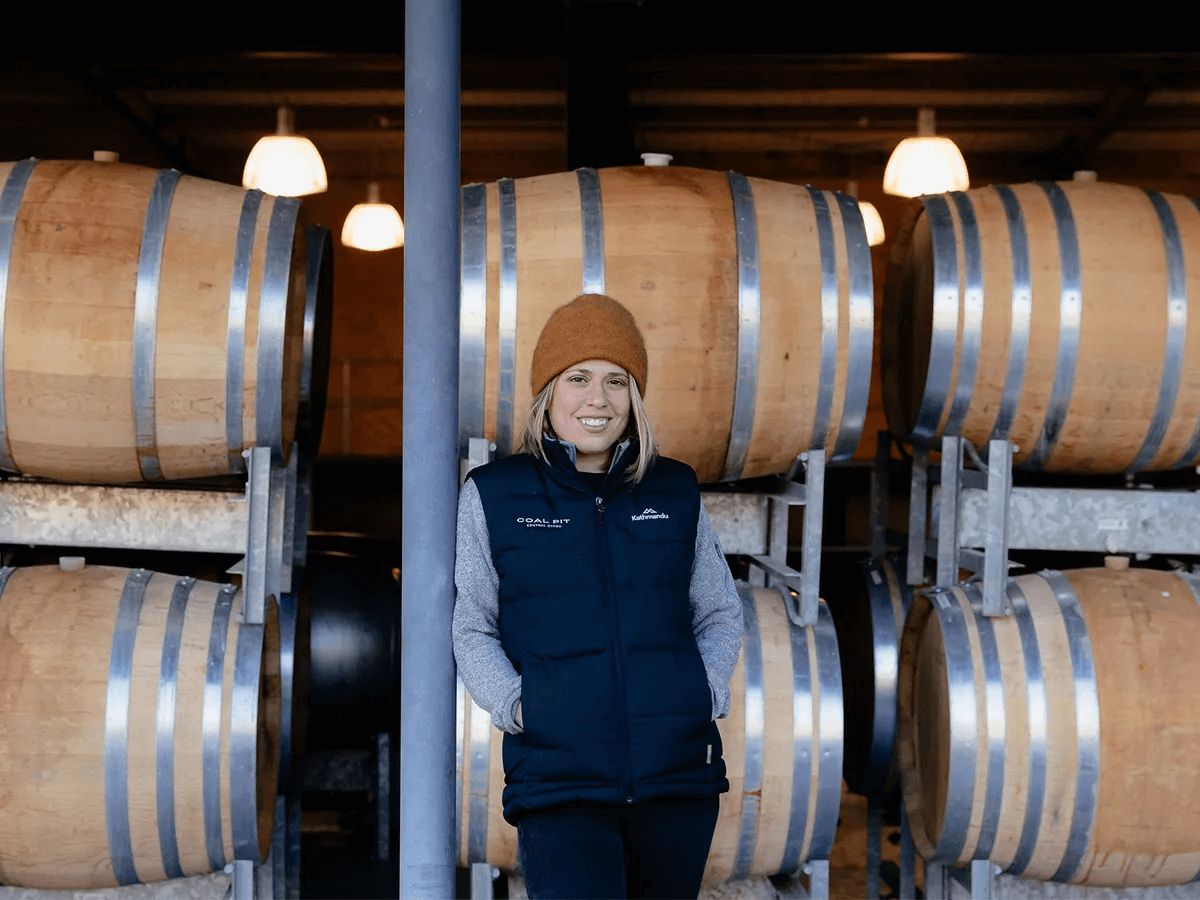5 Minutes with Anika Willner
Five Minutes With… is an interview series about people making strides in organics and sustainability.
BioGro had a chat with Coal Pit Winemaker, Anika Willner on the challenges of being an organic winemaker, how she defines organic and the biggest surprises for her as a winemaker.
What has been the biggest challenge as an organic winemaker?
Many people may respond to this question by saying their biggest challenge is combating disease, and it's true, we face higher disease pressure without the use of systemic conventional chemicals.
However, with the transition to organic viticulture, we have been able to increase competition among the vines. This, in turn, has allowed us to achieve better vine balance and earlier ripening.
This is particularly advantageous in Gibbston, one of the coldest sub-regions in New Zealand, which is prone to destructive frosts during harvest time. The improved balance and timing of organic viticulture has enhanced the quality and integrity of our fruit.
The significant risk reduction achieved by being able to bring forward our window for picking has been one of the most satisfying outcomes.
While challenges exist in every farming method, from my perspective as a winemaker, the foundation of any wine is the fruit.
Over the years, the quality of our product has improved through the organic transition period.
The increased disease pressure now feels less like a challenge and more like a tradeoff that we have been able to adapt to and benefit from.
How do you define organic?
Organic to me, is farming in a way that emphasizes rebuilding, restoring and supporting the organic matter that composes healthy soils through the use of practices and additives that are safe for the environment, ecosystem, and people applying them.
How did you get started in wine?
During my time at Ohio State University, I co-founded The Ohio State Wine Club with a friend. It began as casual gatherings in living rooms but quickly grew after gaining recognition and funding from the university. Through the club, I had the opportunity to interact with wine trade professionals who suggested that I pursue a vintage experience after graduation.
Taking their advice, I secured a three-month role in South Africa, which served as the starting point for my wine journey. Over the next few years, I gained valuable experience working in various wine regions around the world, including New Zealand, Europe, Australia, and America.
Motivated to further my education, I decided to pursue a V+O postgraduate degree at Lincoln University, and in 2018 I joined Coal Pit as a winemaker.
What has surprised you about being a winemaker?
One of the biggest surprises for me as a winemaker is the paradox of knowledge. The more I dive into the intricacies of viticulture and the subsequent oenology aspects, the more I realize how much there is still to learn. That being said, the endless pursuit of knowledge and learning that comes with the role is also the aspect that keeps me so passionate and fulfilled in my job as a winemaker.
If you weren't a winemaker, what would you be doing?
I can't really imagine a career I'd enjoy more than winemaking. But, if I weren't a winemaker, I would be working in some aspect of conservation, whether it be in the ecological research side of things or lobbying at a governmental level. The preservation of nature is something I am extremely passionate about... or I'd just be a ski instructor.

